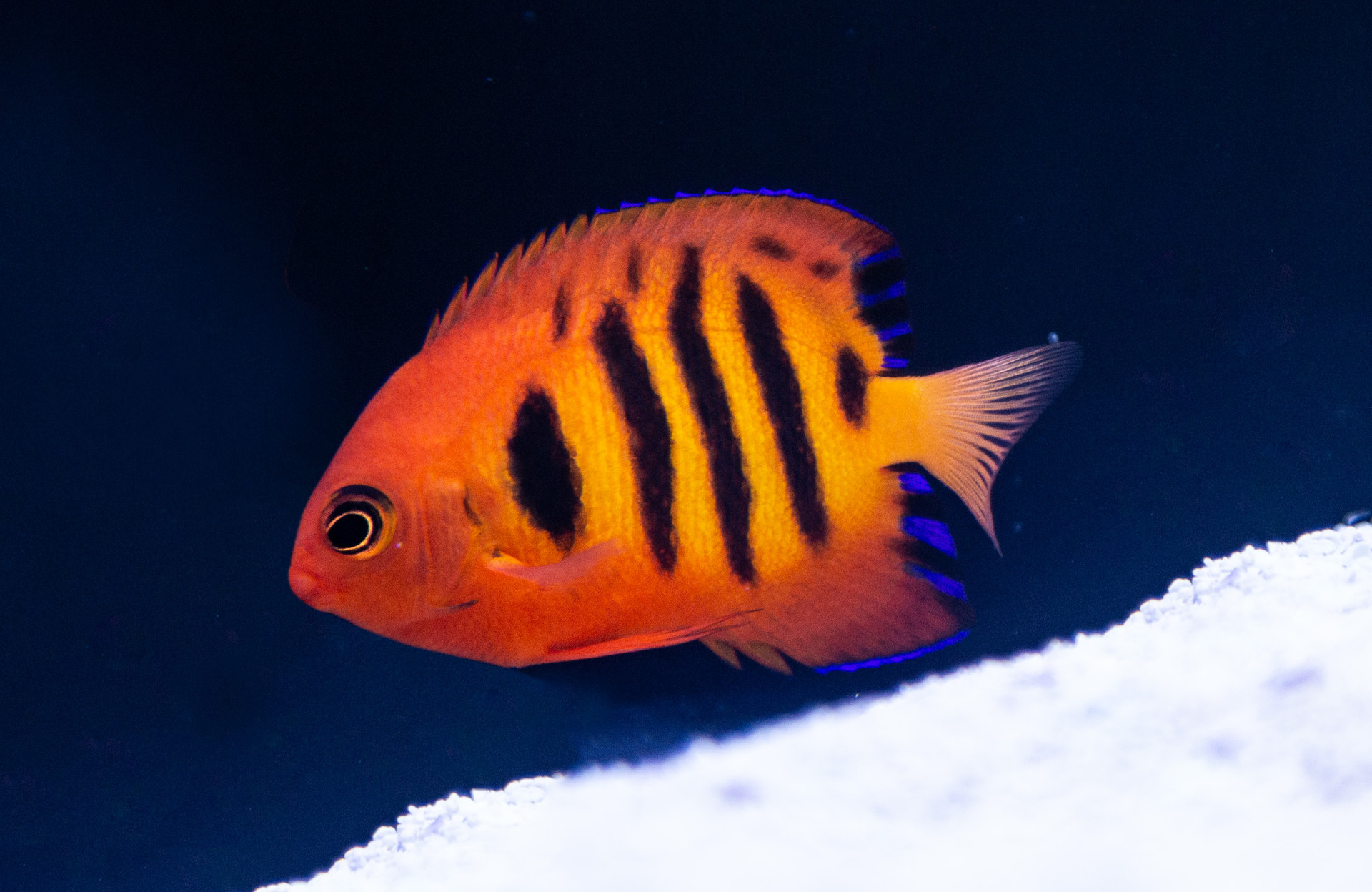Revisited: Mariculture in Today's Aquarium Industry

There have been many advances in ornamental mariculture in recent years, including the successful rearing of pygmy angels such as Flame Angel (Centropyge loriculus), Resplendent Angel (C. resplendens) and Interruptus Angel (C. interruptus) to name a few. It was only five years ago that these species were thought to be too difficult due to their long larval phase and specific dietary requirements. Although these successes have raised the bar for new species development, the production of such species is far from being commercialized.
Mariculture plays a vital role in helping to supply the aquarium industry with an alternative to wild caught fish and invertebrates. On the other hand, the limited species diversification and higher costs associated with maricultured products further dictate the need for the sustainable harvest of wild caught organisms. The Marine Aquarium Council (MAC) certification is one way to ensure that you are buying an organism that was collected in a sustainable manner. Without the balance of wild caught and maricultured products, the hobby would be dramatically impacted. Hobbyists should demand to know the source of their new aquatic pets and should choose maricultured or MAC certified organisms whenever possible.
The continuing trend of new fish, coral and clam farms around the globe is a strong indication that the viability of ornamental mariculture is now a permanent part of our industry. The low cost of lagoon and open ocean flow-through systems in tropical third world countries creates both a sustainable supply of products and income for the local people. Species selection for aquarium suitability is improving and more and more items are becoming available all the time. Hobbyists, retailers, wholesalers, collectors and farmers all play a vital role in helping our industry operate in a sustainable manner, while conserving the natural coral reef habitat. With all the negative global environmental impacts, we have a responsibility to improve the way we live and help to preserve our world.